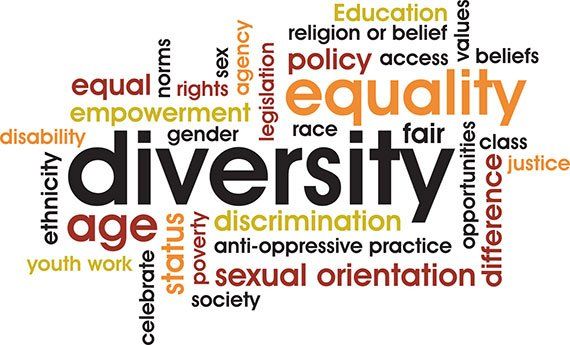#iDare Blog: By young people, for young people
What Do I Wish was Taught More of in Schools
“When are we ever going to use this after school?” is often the question students ask when they’re in school, particularly when it’s about a subject they have no desire to pursue later in life as a possible career. When am I ever going to know what the meander of a river is or what the chemical formula for glucose? They were the sort of questions I were asking. By that point, I figured I wanted to be a video editor so Science and Geography were completely pointless for me. Obviously, Maths and English are important since they’re used all the time but subjects like Art, Languages, P.E. and others can be completely useless to some and at times a waste of time. Important lessons could be taught instead ready for students to leave school and be prepared for being an adult.
Mental Health
Normally, schools are good at supporting students with mental health since there are school counsellors but it's mainly encouraging students to open up. Stress is incredibly high during the last years of secondary school because of the incoming dreaded exams so mental health issues are especially worse during that time. Mental health isn’t spoken about in any subject at school and having lesson or the equivalent to could really help. Not just exams cause bad mental health issues but bullying also does. Students being told that it's safe to express how they’re feeling can really help because suicide in young people is particularly high.
Equality and Diversity
This should be obvious but having lessons about equality and diversity or just promoting it in class can be very helpful for those being affected. Discrimination can be a big source for bullying so it being taught in schools could hopefully bring bullying down and raise awareness if this is started in primary school. It could also work the other way round, showing more respect to teachers of marginalised groups. There’s already a bad representation in schools for specific lessons. In P.E., the lessons are split into boys and girls. According to research, school sports are fuelling gender prejudice and stereotypes of ‘feminine’ and masculine’ behaviours later in life and not all students are comfortable with the boys and girls split, and it can be very difficult of children who are trans and non-binary. Studying for other subjects like English, Science or History, there’s normally a white man who students have to study the work of. Supporting different races, genders, sexual orientations and disabilities especially in schools should be a mandatory thing to do anyway. Be kind and respectful.
Relationships
As soon anyone leaves school, they are faced with the responsibility of having money and a bank account. Setting up a bank account is complicated enough but there’s also the problem with figuring out savings, insurances, budgets, taxes and interest rates. Only interest rates are taught in school which is part of the maths curriculum but everything else is either taught by parents or by themselves. So, if finances are mandatory courses like Maths and English and are particularly taught to Years 10 and 11, students will probably be more well prepared.
Careers
Similar to mental health, there is a specific department in a school to help with careers but not every student uses them. There’s literally no help with creating CVs and that’s already a difficult task in its self. Nothing is done to introduce students to job interviews. Some students leave school and don’t go to college at 16, so it can be difficult to get into work straight away. Work experience is really important to prepare students for working in normal jobs. Some schools offer them but they need to inform students about that because I had no idea, I could do any work experience and no one thought it would be good to actually ask me what I wanted to do after school. Figuring out the next step in a student’s life is really intimidating so they need all the support they can get.















